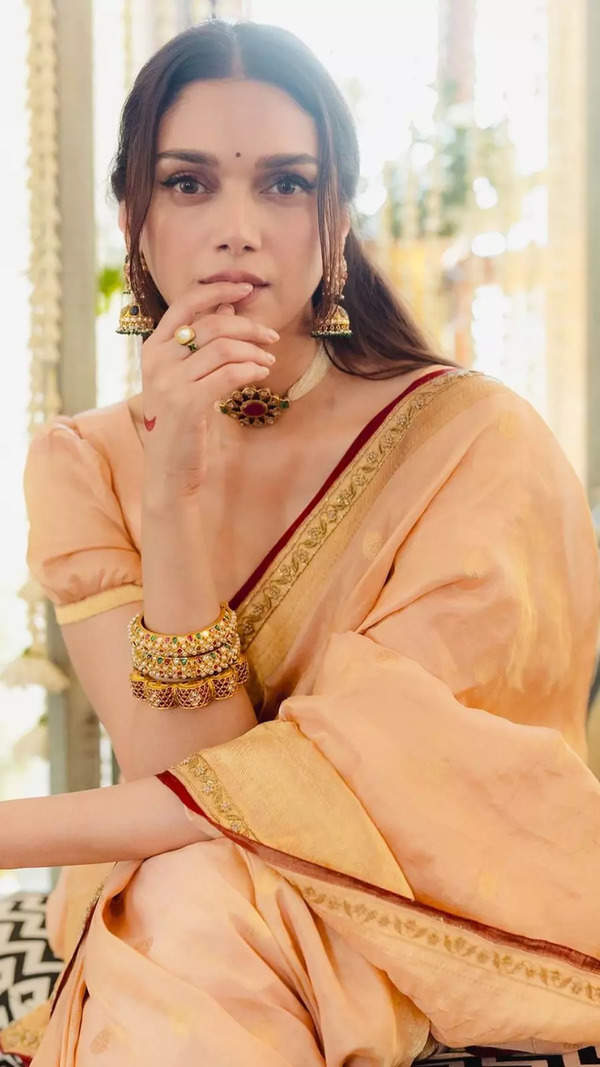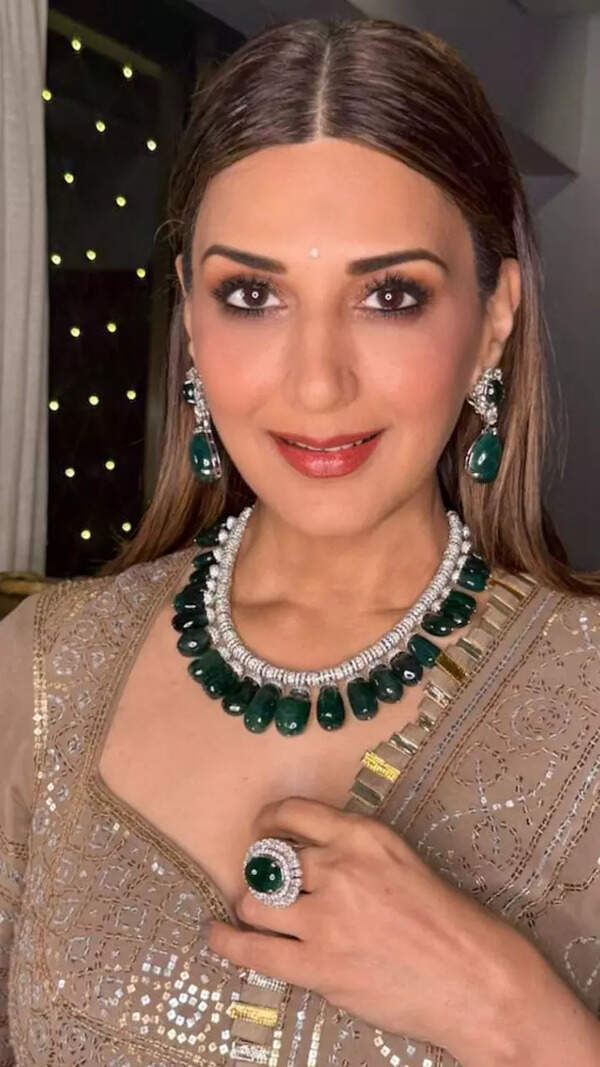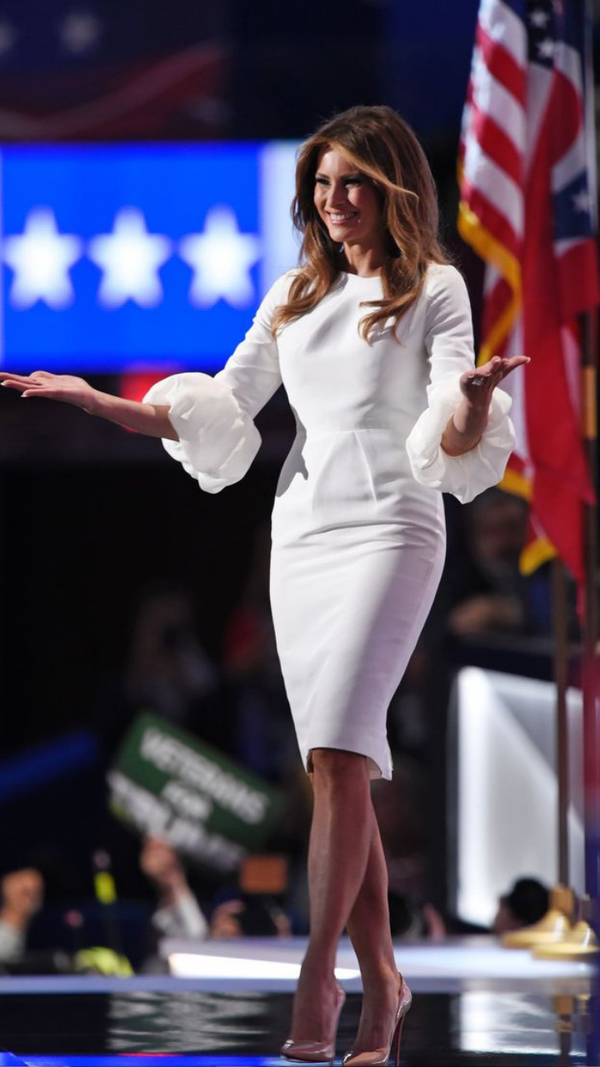Trending
Jaun Elia & Ahmad Faraz: 2 iconic Urdu poets, their style and lines that still echo in our hearts
Urdu poets Jaun Elia and Ahmad Faraz, both influential yet distinct, offer contrasting experiences of love through their poetry. Jaun's verses depict destructive and unrequited love marked by intense suffering, while Faraz's work celebrates gentle, hopeful romanticism appreciated by a wider audience.

Jaun Elia and Ahmad Faraz (Image: Pinterest)
And in the genre of Urdu art, there are two names - Jaun Elia and Ahmad Faraz. Two artists who are completely different and yet the same, and two artists who are introduced to young adults in the same themes.
Jaun Elia
Jaun Elia, the boy from Amroha who kept a piece of the city in his heart forever, is known for his rebellious spirit and the intense emotions that can be felt in his poetry. His life was marked by a series of rather traumatic incidents, from leaving his ‘shehar’ behind, to intentionally separating from his family, Jaun life was a rollercoaster of emotions.
What was his artistic style?
Jaun’s poetry is a very lethal combination of two of the most intense feelings - destruction and love. His love is not just passionate and non-traditional, but is also self-destructive. His verses tell stories of agony, of unrequited love, of heartbreak, and of things that can never be mended.
A nazm by Jaun says - ‘Hai mohabbat hayat ki lazzat, warna kuch lazzat-e-hayat nahi. Kya ijazat hai ek baat kahu? Wo.. magar khair koi baat nahi’

In these lines, the reader gets to know how deep the wounds of Jaun’s heart were, and how suffering had completely engulfed him. Jaun was not just hesitant in expressing love but also scared of approaching love.
Who would like Jaun?
It is often said that ‘only someone as troubled as Jaun can understand him’. But people who understand Jaun will say ‘Nobody will ever be as troubled as Jaun!’
Jaun is not the man teenagers listen to when they experience a heartbreak, neither is the man adults listen to when they feel life has gotten ‘too much for them’. Jaun is the man that people listen to when they feel there is nothing left to lose. He is the man people listen to when helplessness consumes them, and all they need are a few tears to shed.
And once a ‘Mushaira’ is over, and tears have been shed, they go back into their ordinary lives as if nothing happened! And like a future teller, Jaun once remarked ‘Ye kharabatiyaan-e-khird-baakhta subah hote hi sab kaam par jaayenge’.
Faraz, the gentle poet
Now one of Jaun’s contemporaries, and a man who gets introduced to people around the same time Jaun is, is Ahmad Faraz. Famous for his ghazals, nazms, Shayari, and poetry, Faraz made quite the name for himself back in the day for his charismatic personality and his diction. And unlike Jaun’s destructive love, which was ready to engulf everything, Faraz’s poetry was soft and affectionate and makes you believe and fall in love all over again.
The romantic phase
Faraz's words are famous for their romanticism, positive emotions, and wholesome soul that would draw you toward his poetry. They had an effect of longing and desire, but with such gentleness that it set him apart from his contemporaries. He wrote about love not just as an emotion but as an experience, as a comparison, and he never shied away from comparing his love to the most beautiful flowers and then told the flowers how worthless they were!

Ahmad Faraz (Image: Pinterest)
One of his most famous lines ‘Ranjish hi sahi, dil hi dukhaane ke liye aa, aa phir se mujhe chhod ke jaane ke liye aa’, shows how well he accepted and embraced the paradox of love. Faraz made peace with longing for connection and acceptance of loss.
His aesthetics
Faraz’s style can be defined as a mix of lyrical quality and rhythmic beauty. For Faraz his audience was above all, and how well they took his words was important. This is completely in contrast with Jaun as he never cared for the audience! Jaun was one with his own voice, whereas Faraz found a voice in his audience’s love.
Faraz used imagination, evoked emotions, painted pictures through words, and enticed his audience in a love spell. Faraz wrote ‘Suna hai bole to baato se phool jhadte hai, ye baat hai to chalo baat kar ke dekhte hai’, and it will be difficult to find a praise for your lover as beautiful as this.
Who would like Faraz?
Jaun’s audience was and remains limited. People like to hear Jaun during the disturbing phases of their life, but quickly put him away when the sun shines again. But this isn’t the case with Faraz as he proved to be more versatile. He portrayed love in its most gentle form and showed hope to lovestruck humans through his words. Faraz’s poetry is not about destruction, or sadness, or the ultimate betrayals (barring a select few of his works), but about hope, and appreciation, and love.
Who was a better artist?
None of them! Loud and clear it can be claimed that neither of them was better than the other. Why? Because they contrasted each other beautifully. Jaun’s poetry was about the darker aspects of love, and how it could destroy and devastate you from the core. Jaun Elia was a ‘lost’ shayar who actually did not think too well of Faraz!
Faraz on the other hand had a gentler, more romantic approach. He embraced love, he was inspired by its beauty, and he was also aware of the realities that came with love. For Faraz, love was not merely a cause for suffering, but rather an experience and a force that could change the course of your life.
End of Article
FOLLOW US ON SOCIAL MEDIA






